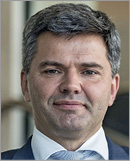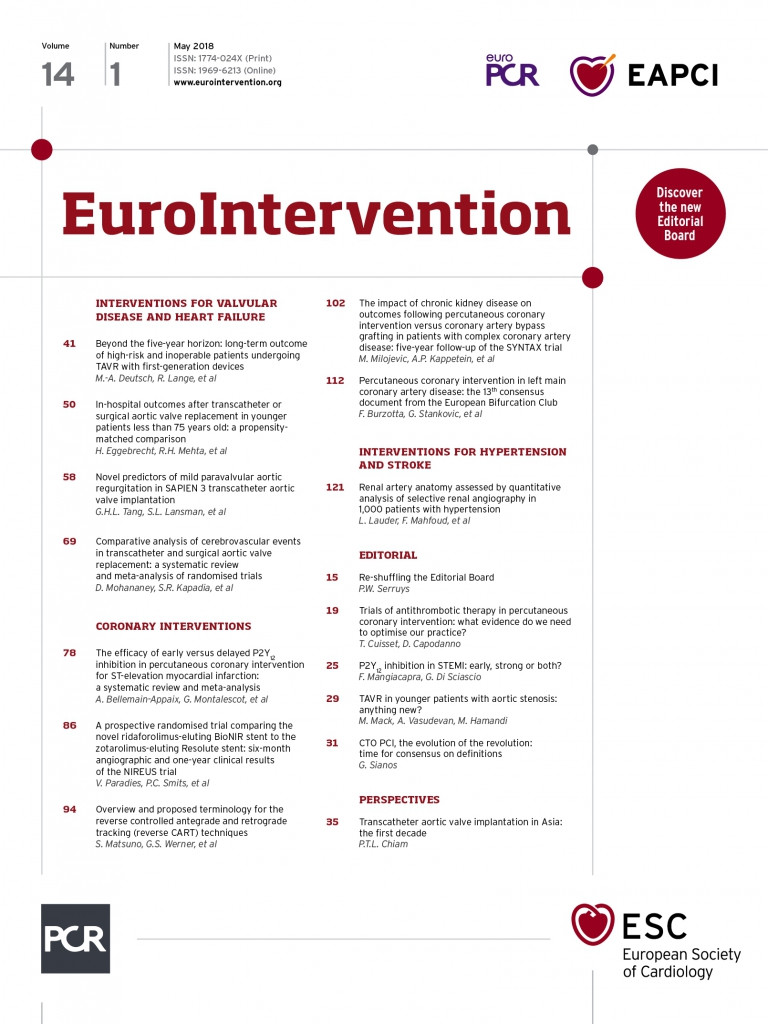The first Certification Exam in interventional cardiology
An interview with Dariusz Dudek and Eric Van Belle
The EAPCI just created the first Certification Exam in interventional cardiology, based on the revised EAPCI Core Curriculum for the Interventional Cardiologist (2018). The Chair and Co-Chair of the EAPCI Education & Training Committee, respectively Profs Dariusz Dudek and Eric Van Belle, explain this exciting development and the background to the exam.
In the last two decades, there has been significant improvement in PCI techniques which has changed the face of cardiology. How was that reflected in the EAPCI Core Curriculum? And why is this so critical for patient care?
The spectrum of interventional cardiology has completely changed during the past 20 years. PCI techniques have been developed allowing treatment of more complex lesions and cases. PCI for left main disease, heavily calcified lesions or for complete total occlusions (CTOs) have become standard practice, as has PCI in patients with very poor left ventricular function or cardiogenic shock. Another key change is the development of non-coronary interventions, in particular PCI for valve disease (including TAVI and emergent treatment of other valves) or for acute stroke.
How does the Core Curriculum1 support the general training for interventional cardiologists in Europe? And how is it being used?
Today there is no standardised training in interventional cardiology among ESC countries. The PCR-EAPCI Textbook is already providing the best updated material possible to support trainees across Europe but there was the need for a document to guide them during their training. The purpose of the current Core Curriculum is to provide that guidance.
Why was the revision of the Core Curriculum so important? What were the specific steps and timelines?
The previous version was more than 10 years old and did not cover new aspects of interventional cardiology. The new one aims to provide standard requirements to deliver the most appropriate training in this field and, ultimately, the best patient care.
What did this revision process teach you?
Requirements to perform interventional cardiology may vary from country to country while some countries may lack any requirements. The interventional cardiology community across ESC member countries became convinced that some changes were needed, and it was easy to find more than 30 volunteers to work on this revision. There was a lot of enthusiasm among them to participate in this “common training programme”. The work they did was tremendous.
The first EAPCI individual Certification Exam has just been created prior to EuroPCR. How do you see the exam being used most effectively? Who will derive the greatest benefit?
In a world in which young professionals are moving from country to country, it is very important to be able to certify the level they have achieved and to have it recognised in all ESC counties. It will also help recruiters to verify the knowledge level of potential candidates.
1. Co-authors: E. Van Belle, R. Campante Teles, S. Pyxaras, O. Kalpak, T. Johnson, I. Moshe Barbash, G. De Luca, J. Kostov, R. Parma, F. Vincent, S. Brugaletta, G.G. Toth, Z. Ghazzal, P. Deharo, D. Milasinovic, K. Kaspar, F. Saia, J. Mauri, J. Kammler, N. Debry, D. Muir, S. O’Connor, J. Mehilli, R. Kharbanda, Z. Piroth, W. Wojakowski, A. Geppert, G. Di Gioia, G. Pires-Morais, A.S. Petronio, R. Estévez-Loureiro, Z. Ruzsa, J. Kefer, V. Kunadian, S. Windecker, A. Baumbach, M. Haude, D. Dudek.

Dariusz Dudek, Poland, Chair of the Education & Training Committee

Eric Van Belle, France, Co-Chair of the Education & Training Committee

